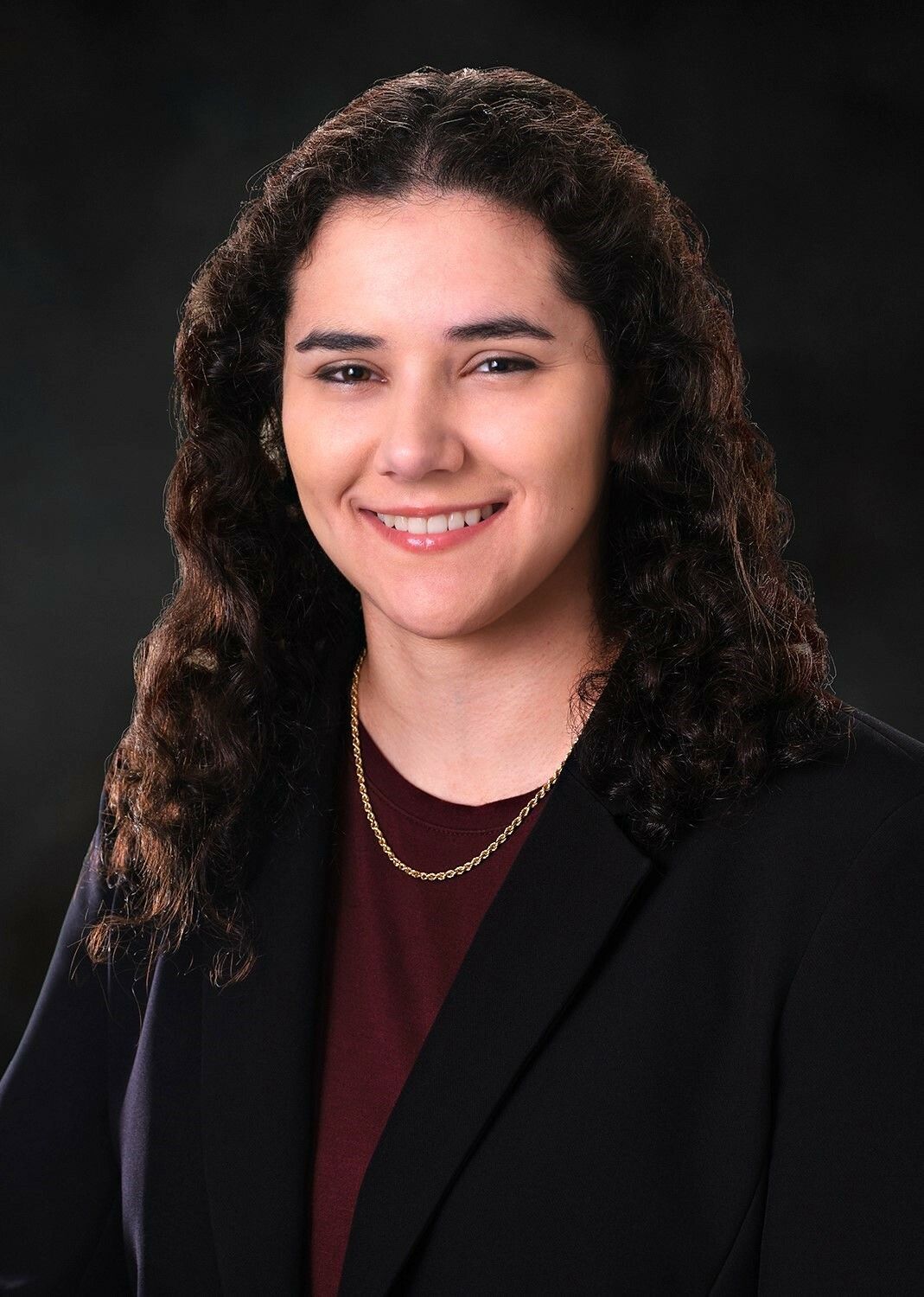Se Habla Español. Para asistencia en Español por favor llame a 423.752.0572
Call Us (423) 756-8400
Can You Hold, Please? – Tennessee Court of Appeals Holds That Tenant’s Holdover Of Commercial Lease Creates Year To Year Periodic Tenancy Requiring Six Months’ Notice To Terminate
Can You Hold, Please? – Tennessee Court of Appeals Holds That Tenant’s Holdover Of Commercial Lease Creates Year To Year Periodic Tenancy Requiring Six Months’ Notice To Terminate
On January 26, 2018, the Western Section of the Tennessee Court of Appeals addressed what happens when a commercial tenant holds over the term of a lease in Jones v. VCPHCS I, LLC, No. W2016-02142-COA-R3-CV. The parties in Jones had a three-year lease with two successive three-year options. Tenant did not comply with the terms of the lease to exercise the first option, but remained in possession of the premises and continued to pay rent. Landlord requested increased rent in the amount required by the lease had tenant exercised the option, and Tenant paid it. After a little more than an additional year, Tenant provided one month’s notice and vacated the premises. Landlord sued.
The Shelby County Chancery Court held that tenant had not exercised the option to renew the lease, but rather occupied the premises under a periodic tenancy, and that the one month notice of termination was proper.
The Court of Appeals agreed that tenant did not exercise the option, and that a periodic tenancy was created. Relying on Smith v. Holt, 193 S.W.2d 100, 101 (Tenn. Ct. App. 1945), though, the Court held that if the original lease is for a year or more, then the hold over tenancy is from year to year. Further, for year to year tenancies, a tenant must give notice no less than six months prior to the end of the year to terminate a holdover tenancy.
Therefore, neither tenant nor landlord’s respective arguments held water. According to the Court, landlord was incorrect in insisting that tenant’s holdover served to exercise the option in the lease extending the term for three years, and tenant was wrong in believing it could terminate by giving one month’s notice once the original lease term had expired. The Court determined that the tenant was required to pay rent through the date of the second year of the holdover tenancy, which was more than six months from the date of notice.
Sometimes it seems like courts come to unanticipated rulings just to prove that the judges are smarter than the parties (and their counsel!). One could say that the court found that neither party “held” up its end of the bargain.
So, if you represent a commercial landlord or tenant in Tennessee and tenant holds over, what should you do? Based on the ruling in Jones, the landlord could advise the tenant that it was waiving the written notice requirement for renewal, and instead agreeing that tenant’s holding over constituted exercise of the option for another three-year term. On the other hand, the tenant could advise the landlord that it is not creating a periodic tenancy, leaving tenant subject to a detainer action as a trespasser. But by doing nothing, neither party obtained the result it was seeking. In a holdover commercial tenancy, then, without strategic consideration of communication to the other party, your client may not be “holding” all the cards.
David M. Elliott is the Managing Director at Grant, Konvalinka & Harrison, P.C. where he provides strategic counsel to landlords, tenants, and many other commercial clients. He also drafts leases and a wide range of contracts for his clients. He can be contacted at 423.933.2731 or delliott@gkhpc.com.
This blog is not intended to create an attorney/client relationship or provide legal advice. Please contact the author if you have any questions or comments regarding the subject matter.


Business Hours
- Mon - Thu
- -
- Friday
- -
- Sat - Sun
- Closed
All Rights Reserved | Grant Konvalinka & Harrison, P.C | Powered By Flypaper | Privacy Policy






